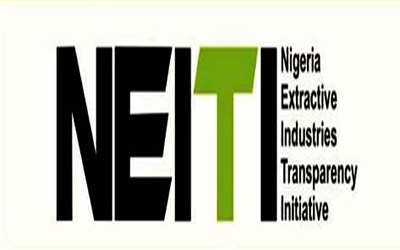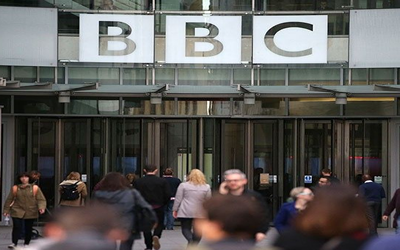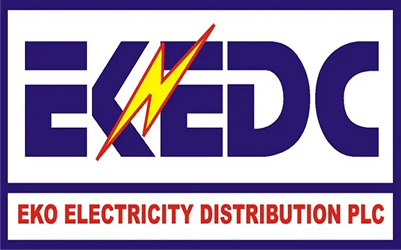NEWS UPDATE: MICRO BLOGGING SITES, PLATFORMS TO BE REGULATED, BY FEDERAL GOVERNMENT OF NIGERIA.
By: Nneka Oduada Eze (Esq)
Malam Kashifu Inuwa Abdullahi, the Director General of the National Information Technology Development Agency (NITDA) announced on Monday, 24th January, 2022 during the media briefing in Abuja that was held to mark the Data Privacy Week that the government plans to have a Code of Conduct for all social media platforms in other to understand the status of online and offline activities that could amount to infractions and breaches of the rules of engagement punishable under the country’s subsidiary laws. The Federal Government has declared that it will regulate big technology micro blogging sites and platforms to generate taxes and to protect the country’s sovereignty and integrity.
The action is coming barely two weeks after the government resolved almost a year dispute with Twitter after a declaration that the micro blogging company had met the conditions to operate in the country. The federal government found the move necessary due to the far-reaching implications of leaving the platforms open at the detriment of the country’s socio-economic development and the increasing danger of platforms being hijacked to harm Nigeria’s democracy.
The director of NITDA, who was also the Chairman of the Technical Committee on Federal Government/Twitter Negotiations, said the government was “socializing” on a Bill that would be presented to the National Assembly to take care of all aspects of the social media regulations.
Furthermore, the Director stated that NITDA in collaboration with other government agencies and the civil society organizations (CSOs), was also embarking on massive awareness campaign to secure the buy-in of Nigerians on the imperative of having well regulated platforms and strengthening compliance as all infractions both online and offline would no longer go unpunished with the regulations in place. According to him, NITDA, with the support of President Muhammadu Buhari and the Minister of Communications and Digital Economy, Prof. Isa Pantami, had invested heavily in data protection regulations by training Nigerians and expanding the frontiers of data privacy.
It is arguable that this proposed step is a means of curtailing the freedom of speak as contained in section 39 of the constitution of the federal republic of Nigeria, 1999 (as amended). Apart from the fact that social media is used to disseminate information swiftly; It has equally proven to be a willing tool in instigating tribal/religious wars and abridging national security with adverse consequences. Bloggers are usually at the fore front of misrepresentation of facts that often leads to misinterpretations and even libel in worst case scenarios.
In any event, neither a strict nor open ended data privacy regime would adequately address the concerns of the nation’s data privacy. It is hoped that a somewhat balance by government, stakeholders, and users of micro blogging sites and platforms in the circumstance would engender a win-win situation, thereby deflecting any insinuation of bad faith in the regulation of big technology micro blogging sites and platforms.
Disclaimer: This news update is intended only to provide general information and does not by itself constitute or serve as legal advice. For further information, we are available to provide detailed legal advice. For more information contact us on info@asalawpractice.org or call 0908 482 0000, 0806 749 8777





